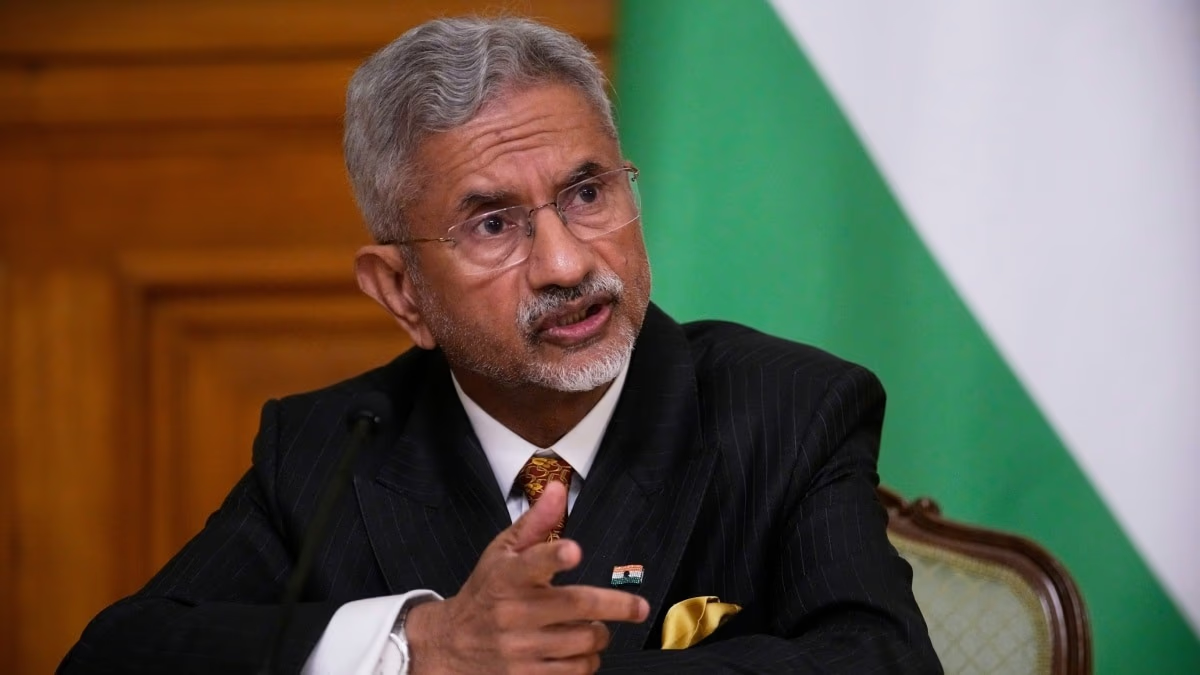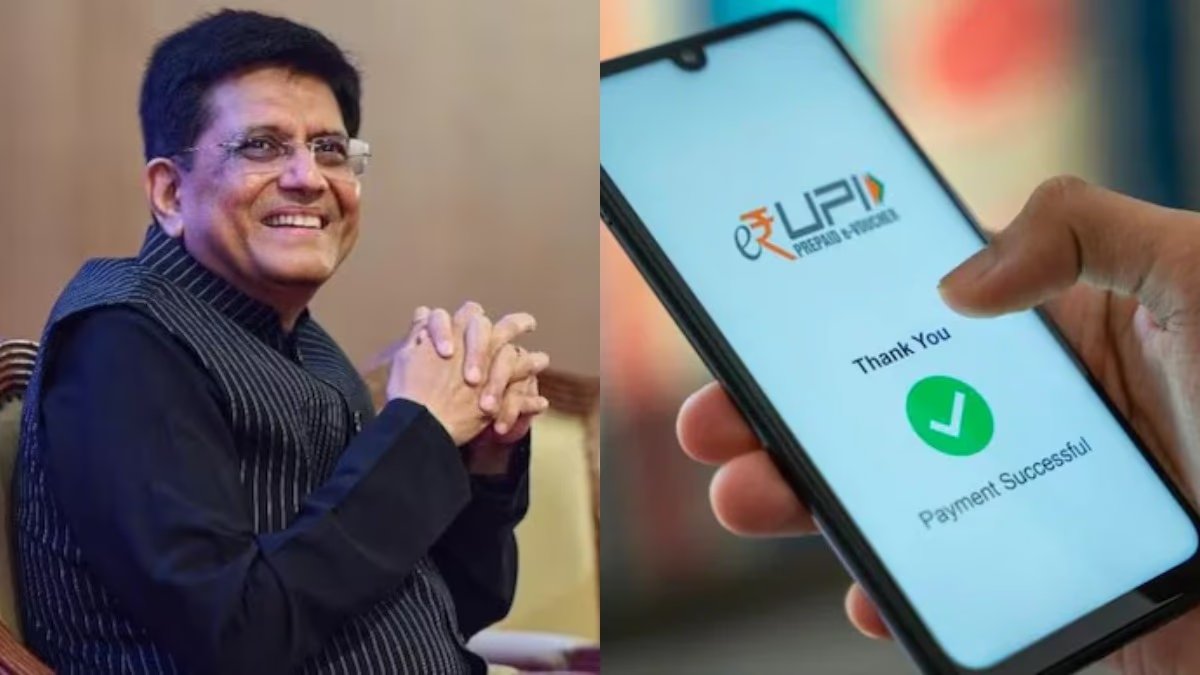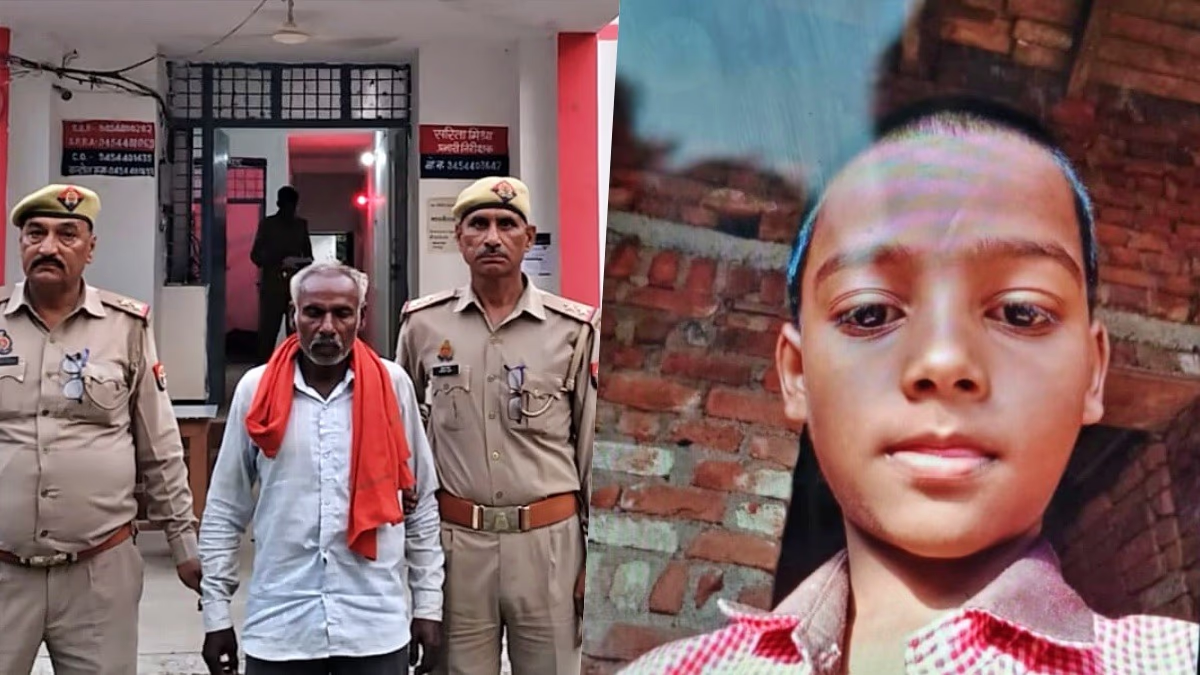On Monday, Foreign Minister S. Jaishankar asserted that India refrained from forming alliances even during its weakest moments, and today there remains no necessity for such ties. He stated that the actions of certain nations have only reinforced the concept of 'strategic autonomy'.
Speaking at the Aravali Summit held at Jawaharlal Nehru University (JNU), Jaishankar highlighted that India must emerge as the 'go-to option' during every crisis in South Asia. He remarked on the need for India to construct its own 'infrastructure for cooperation' during these times of political instability.
Check More: 'India Must Be First Choice in Neighbours' Crisis', says Jaishankar at JNU - Strategy Essential for New World Order by 2047
Jaishankar remarked, 'This is the essence of the Neighbourhood First policy. India should be the first choice in this subcontinent during any crisis. The strategic erosion resulting from partition needs to be repaired.'
Navigating Global Instability with Strategy
Addressing global conditions, the Foreign Minister noted that the world is shifting from promises of cooperation towards competition. He said, 'This is fueled by the weaponization of everything. All nations face significant challenges. Amidst this instability, India must strategically continue its advancement. The true challenge lies in accurately deciphering this complex scenario.'
Crafting Our Own Narrative
As an alumnus of JNU, Jaishankar remarked that India must safeguard its interests while continuously projecting itself on the global stage. He stated, 'From India's perspective, factors like demand, demographics, and data will propel its progress. We must shape our ideas, vocabulary, and narrative for the journey to 2047.'
Check More: 'Respect India's Red Lines': Major Statement by Foreign Minister Jaishankar Amid Trade Deals and Tariffs
Jaishankar advised JNU's School of International Studies (SIS) to elevate its role and responsibility to a new level to enable India to emerge as a leading power. He noted, 'SIS has been instrumental in India's capacity-building and has inspired the study of international relations in the country. Now, it must contribute towards the goal of a developed India.'




